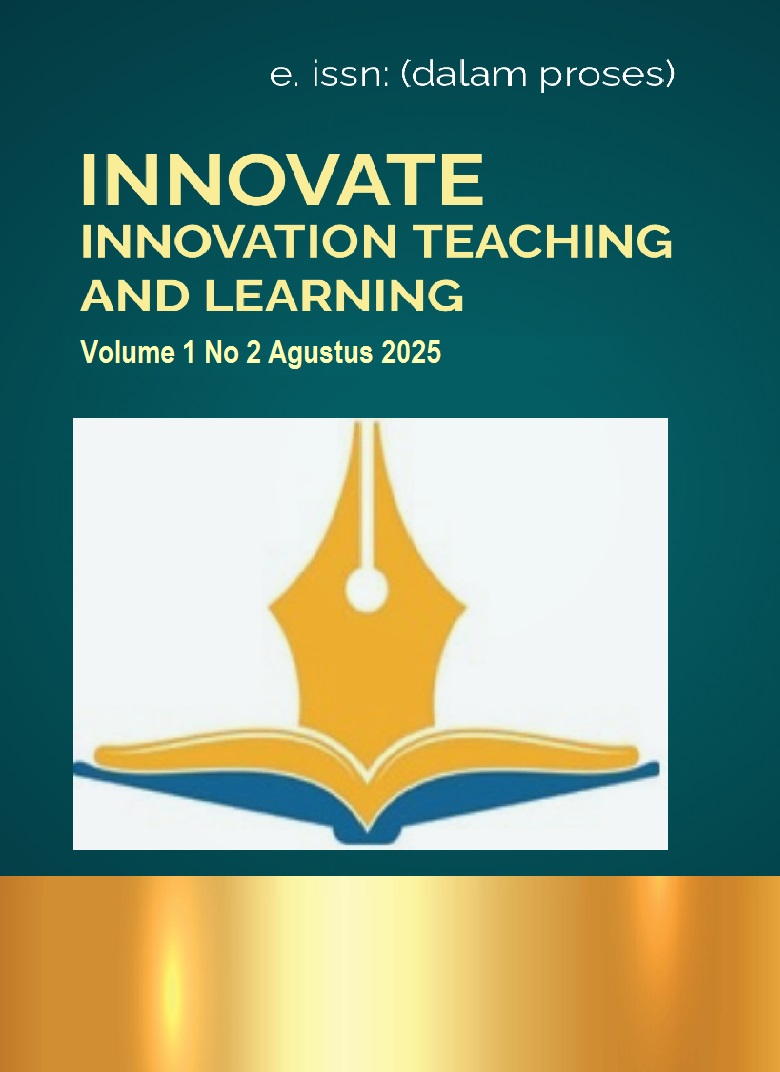Life-Long Education Framework For The Community Knowledge Based
DOI:
https://doi.org/10.55983/innovate.2025.79Abstract
This study aims to evaluate the effectiveness of implementing knowledge-based education programs in supporting lifelong learning in Indonesia. Using a mixed-method approach, data were collected from various stakeholders, including students, educators, and policymakers. The findings indicate that the success of these programs depends heavily on cross-sector collaboration, strengthening digital infrastructure, and human resource readiness. Pedagogical innovations and technological advancements significantly contribute to improving access and quality of education, thereby fostering an inclusive and sustainable learning ecosystem. Furthermore, stakeholder commitment and supportive policies are critical factors in accelerating the achievement of national education goals. The results affirm that knowledge-based strategies, supported by robust infrastructure and collaboration, can enhance Indonesia's human resource development and global competitiveness. Consequently, the primary recommendation is the development of sustainable and innovative policies to ensure the comprehensive and equitable implementation of lifelong learning programs.
Downloads
Published
How to Cite
Issue
Section
License
Copyright (c) 2025 Sari Indrawati, Ahmad Rizaldi

This work is licensed under a Creative Commons Attribution-NoDerivatives 4.0 International License.


